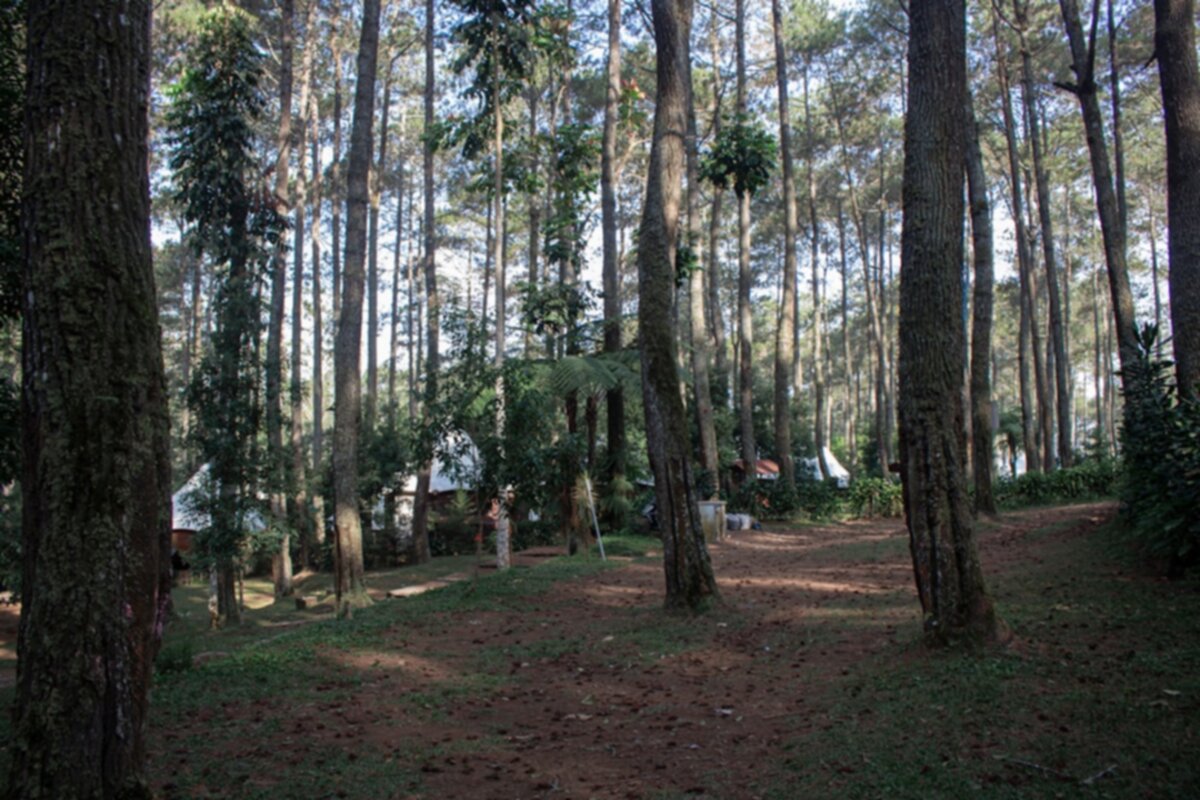What makes a great orienteering coach? After interviewing six coaches who’ve guided athletes to World Championship medals, the answer isn’t what you might expect.
No Universal Formula
Each coach described fundamentally different approaches: some emphasize technical precision, others focus on physical conditioning, and still others prioritize mental preparation. Yet all produce world-class results.
“I’ve learned to adapt my style completely to each athlete,” explains Maria Andersson, whose athletes have won five World Championship golds. “What works for one can be counterproductive for another.”
Common Threads
Despite methodological differences, certain principles appear universal:
- Long-term development over quick fixes
- Athlete ownership of their training process
- Balance between structure and flexibility
- Continuous learning and adaptation
The Psychology Factor
Every coach emphasized psychological preparation, though implementations vary wildly. Some use sports psychologists, others rely on experience-based mentoring, and a few employ meditation or mindfulness techniques.
Technological Integration
Attitudes toward training technology split the coaching community. Progressive coaches embrace data analysis, while traditionalists worry about over-complication.
“The technology serves the athlete, never the reverse,” notes veteran coach Hans Mueller. “Data without context creates confusion, not improvement.”
Future Evolution
As the sport becomes increasingly competitive, coaching methods continue evolving. Cross-pollination from other endurance sports brings new ideas, while orienteering’s unique demands require specialized approaches.
The most successful coaches remain students themselves, constantly questioning and refining their methods.
